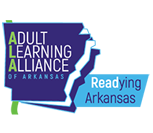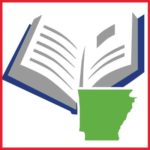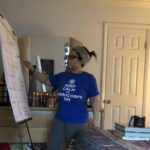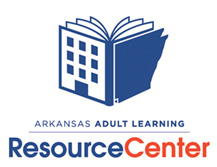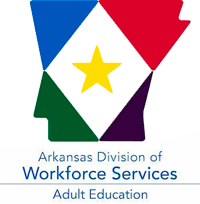As adult educators, our mission is to facilitate meaningful and effective learning experiences for our students. Two fundamental frameworks that can guide our teaching efforts are Webb’s Depth of Knowledge (DOK) and Bloom’s Taxonomy. These models help us understand the complexity of learning objectives and provide a roadmap for designing instructional activities that cater to the unique needs of adult learners. In this blog post, we will explore both frameworks and discuss their relevance in enhancing adult learning experiences.
Bloom's Taxonomy
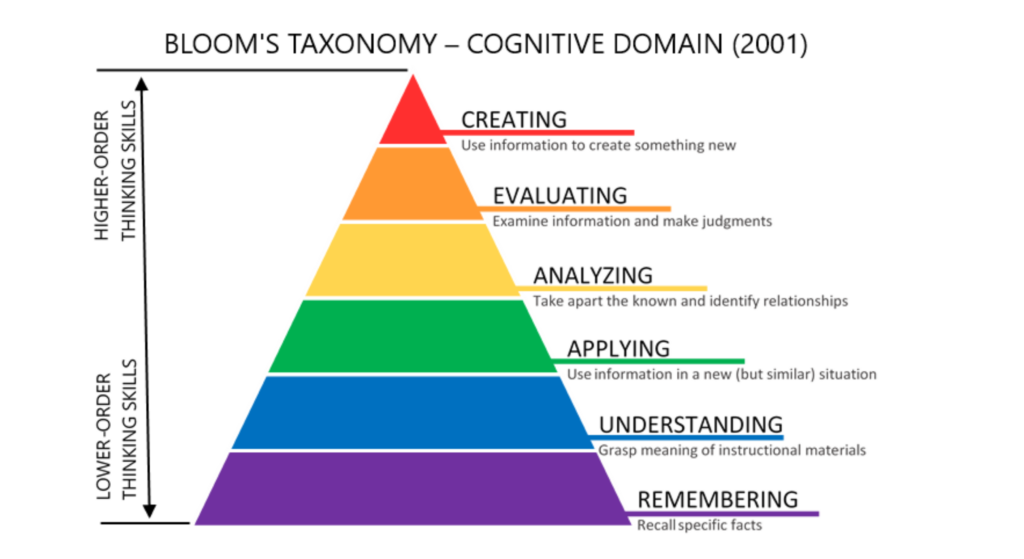
Bloom’s Taxonomy, initially developed by Benjamin Bloom, classifies educational objectives into six cognitive domains, each with increasing complexity:
Knowledge: Involves recalling information and facts.
Comprehension: Requires understanding and explaining concepts.
Application: Involves using knowledge and concepts to solve problems.
Analysis: Focuses on breaking down information into parts and identifying patterns.
Synthesis: Requires combining elements to form a new, coherent whole.
Evaluation: Involves making judgments and assessments based on evidence and criteria.
Bloom’s Taxonomy serves as a roadmap for crafting learning objectives that align with adult learners’ cognitive development stages. Adult learners often benefit from higher-order thinking activities that engage their critical thinking and problem-solving skills. Bloom’s Taxonomy encourages the design of such activities. By incorporating various levels of Bloom’s Taxonomy, educators can provide a well-rounded learning experience that stimulates intellectual growth and challenges adult learners to think deeply. The taxonomy also aids in designing assessments that measure a broader range of cognitive skills, giving a more comprehensive view of adult learners’ capabilities.
Webb's Depth Of Knowledge
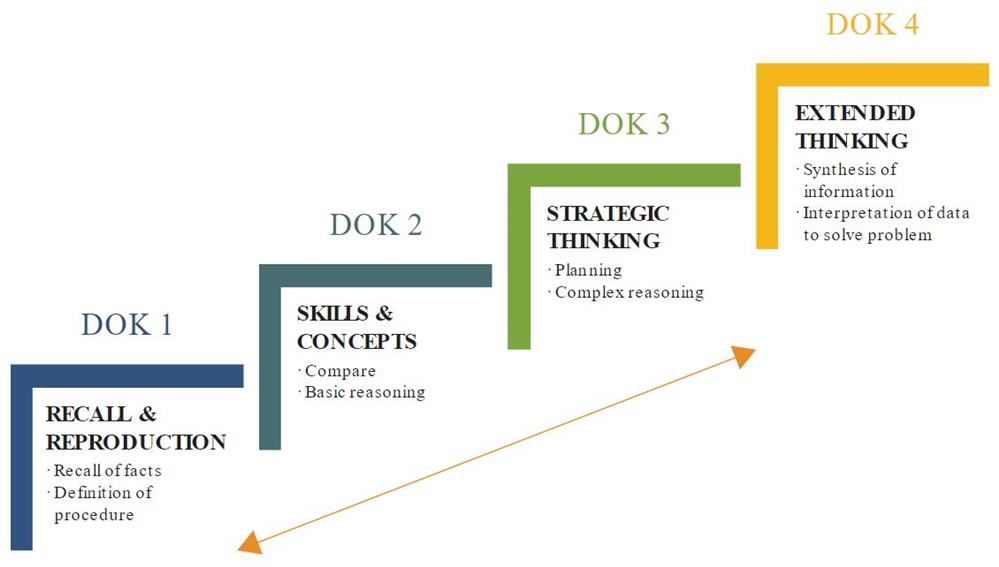
Webb’s Depth of Knowledge, developed by Dr. Norman L. Webb, is a framework that categorizes the cognitive complexity of learning tasks and objectives into four levels:
Level 1 – Recall and Reproduction: This level involves simple recall of facts or information. Adult learners at this level are expected to remember and reproduce facts, concepts, or terms.
Level 2 – Skills and Concepts: At this level, learners are required to demonstrate their understanding of concepts and apply them to solve problems. They need to explain, interpret, summarize, or compare information.
Level 3 – Strategic Thinking: This level focuses on more complex cognitive processes, such as analyzing, synthesizing, and evaluating information. Adult learners are challenged to develop strategies, make connections, and solve problems independently.
Level 4 – Extended Thinking: The highest level of DOK involves the application of knowledge and skills in novel and complex situations. Learners at this level are asked to think critically, research, and draw conclusions based on evidence.
Relevance for Adult Learners:
DOK helps adult educators create a balanced curriculum that addresses the diverse needs of adult learners. It ensures that learning experiences progress from basic recall to higher-order thinking skills. Adult learners often come with prior knowledge and experiences. DOK allows educators to tailor instruction to build upon this existing knowledge, fostering deeper understanding. By incorporating DOK into assessments, instructors can gauge the effectiveness of their teaching and identify areas where adult learners may need additional support.
Incorporating Webb’s Depth of Knowledge and Bloom’s Taxonomy into adult education can significantly enhance the learning experiences of our students. These frameworks empower educators to create well-structured, engaging, and challenging curricula that cater to the diverse needs of adult learners. By understanding the cognitive complexity of learning objectives and aligning instructional strategies accordingly, we can foster meaningful growth and development in our adult students, equipping them with the skills and knowledge they need to succeed in their personal and professional lives.
